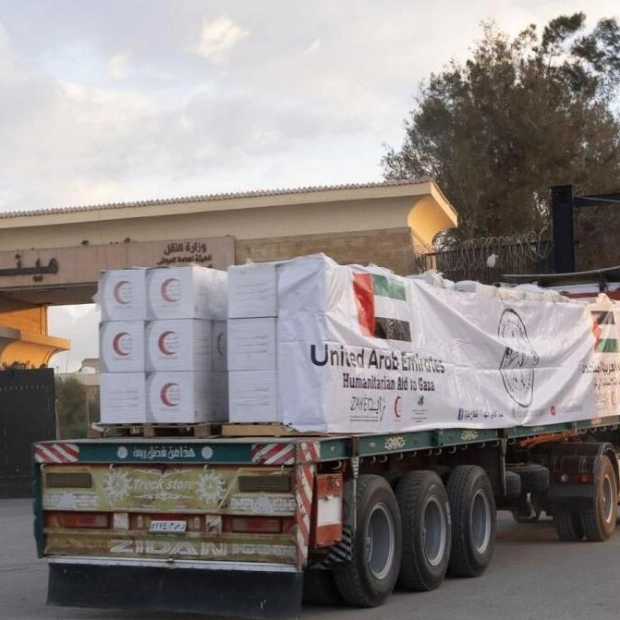The organizers of the UN climate summit this year called on governments to begin compromising on Wednesday to overcome a stalemate on how to assist poorer countries in addressing global warming. The COP29 summit, scheduled for November in gas-rich Azerbaijan, aims to reach a global agreement on how wealthy nations should fund climate investments in developing countries, but talks have hit a standstill. Developing nations require significant investments in energy systems to decrease their carbon emissions and strengthen defenses against the impacts of global warming. However, poorer countries, which are least responsible for carbon emissions, bear the brunt of a warming planet. A key diplomatic meeting in Bonn last month concluded in a bitter deadlock, with countries failing to make progress on an issue that has undermined trust in climate negotiations for years. In a letter to the approximately 200 nations that have signed onto UN climate accords, COP29 president Mukhtar Babayev expressed regret over the lack of "necessary progress" and warned that time is running out. "We clearly need a rapid increase in the pace of our work. Time lost is lives, livelihoods, and the planet lost," wrote Babayev, a government minister and former executive at Azerbaijan's national oil company. "We urge all parties to accelerate their work and move beyond their initial negotiating positions." Wealthy nations have faced pressure to commit to new financing targets that far exceed the $100 billion per year promised in 2009. According to a UN-commissioned expert assessment, developing nations excluding China will need to increase their current climate investment budgets by 25 times to about $2.4 trillion annually by 2030, nearly 25 times the current levels. Negotiations are far from agreeing on a financial aid figure, with discussions stalled over who should pay, the form the money should take, and who should receive it. Under a 1992 climate accord, only a small group of the wealthiest industrialized nations were required to pay climate finance. However, some propose expanding the pool of contributors, notably including China, which is now much wealthier than three decades ago and the largest emitter of greenhouse gases. This idea has been met with resistance from developing nations, who accuse wealthy countries of evading their responsibilities. To facilitate progress, Azerbaijan will host negotiators for an informal two-day retreat beginning July 26. They have appointed two seasoned diplomats, Dan Jorgensen of Denmark and Yasmine Fouad of Egypt, to assist in advancing the discussions. Babayev noted that the impasse "cannot be resolved by negotiators alone" and called for political leadership to help steer the talks towards a consensus.

Text: Lara Palmer
17.07.2024
COP29 in Azerbaijan aims to break deadlock on funding for climate investments in poorer countries





